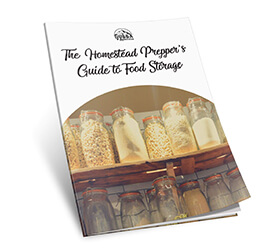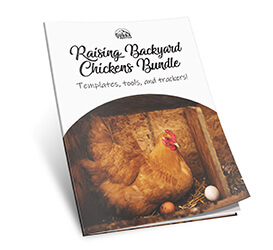Homesteading is often associated with living in a rural area or on a large piece of land, but the truth is that you can homestead wherever you are. Homesteading is a lifestyle that emphasizes self-sufficiency, sustainability, and simplicity, and these principles can be applied to any living situation, whether you're in the city, suburbs, or countryside.
I started my homesteading journey while living in the city by sourcing local food and building garden boxes in my backyard to grow my own produce. I discovered that starting with what I had led me on a path I never expected. Making homesteading an essential part of my life has brought me unexpected opportunities and experiences, and I encourage others to start where they are and see where the journey takes them. If you are interested in building a food storage but don’t know where to start, check out my food storage downloadable here. And if you want to learn how to raise chickens, check out my chicken starter bundle here.
Raising backyard chickens, growing a garden, sourcing local meat, having a sourdough starter, and building a food storage are all great ways to homestead where you are at. These things will improve your overall food security, save money, and lead a more sustainable lifestyle. Here are some of the benefits of each of these practices:
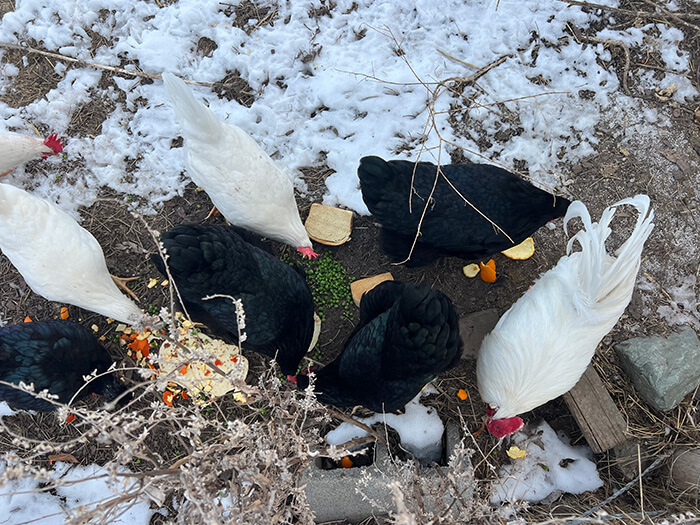
Backyard Chickens:
- Fresh eggs: The biggest benefit of keeping backyard chickens is the fresh eggs you can enjoy every day. Eggs from backyard chickens are typically fresher and healthier than those you buy at the grocery store.
- Pest control: Chickens love to eat bugs, so having them in your backyard can help control pests and reduce the need for pesticides.
- Fertilizer: Chicken manure is a great natural fertilizer for your garden. By keeping backyard chickens, you can create your own supply of organic fertilizer.

Growing a Garden:
- Fresh produce: The main benefit of growing your own garden is having fresh, organic produce at your fingertips. Homegrown fruits and vegetables are often more flavorful and nutritious than those purchased at the grocery store.
- Cost savings: Growing your own produce can save you money in the long run. You can grow a wide variety of vegetables and fruits for a fraction of the cost of buying them at the store.
- Sustainability: Growing your own garden is an eco-friendly practice that can reduce your carbon footprint. You'll also be able to control what goes into your produce and avoid pesticides and other chemicals.
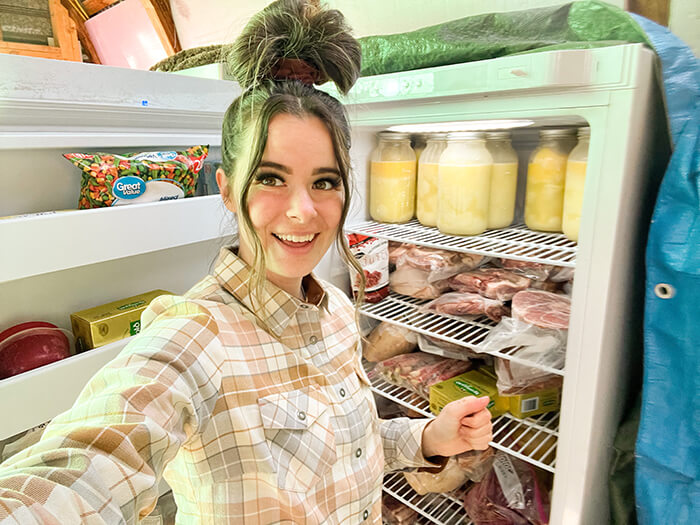
Sourcing Local Meat:
- Higher quality: When you source meat locally, you can often get higher quality meat that is free from hormones and antibiotics. Local farmers often take better care of their animals and offer more humane living conditions than large factory farms.
- Supporting local farmers: By purchasing meat from local farmers, you're supporting your local community and helping to keep small farms in business.
- Reducing your carbon footprint: By reducing the distance your food travels, you can help reduce your carbon footprint and support a more sustainable food system.
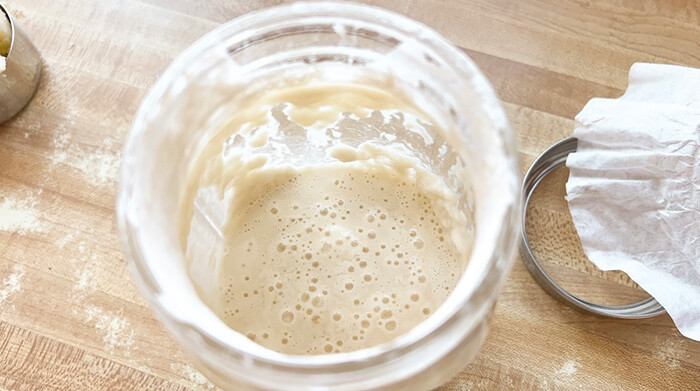
Sourdough starter:
- Improved Digestibility: Sourdough is fermented, which means it contains lactic acid bacteria and wild yeast that help to break down the complex carbohydrates, gluten, and other proteins in the bread. This makes sourdough bread easier to digest for many people, particularly those with gluten sensitivity or irritable bowel syndrome.
- Enhanced Nutritional Profile: The fermentation process of sourdough can also enhance the nutritional profile of the bread. The bacteria and yeast produce enzymes that increase the availability of certain nutrients, such as B vitamins, iron, and zinc. Sourdough also has a lower glycemic index than many other types of bread, meaning it causes a slower rise in blood sugar levels.
- Longer Shelf Life: Because of the acidic environment created by the fermentation process, sourdough bread has a longer shelf life than other types of bread. This can be particularly beneficial for people who want to reduce food waste or who prefer to buy bread in bulk and store it for later use.
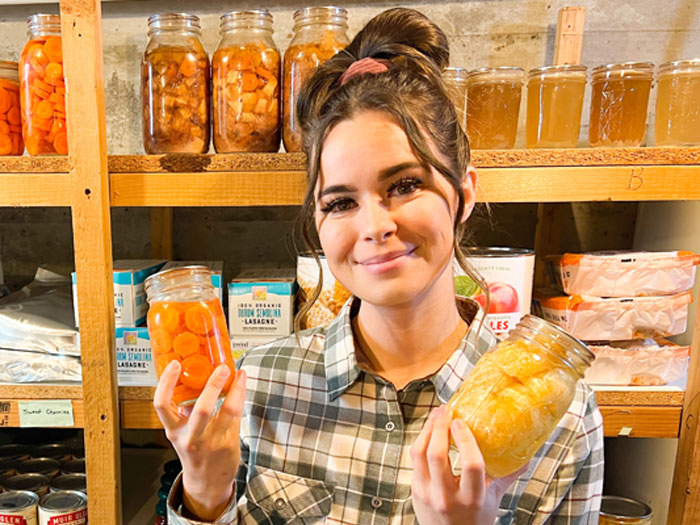
Food Storage:
- Emergency preparedness: Having a supply of non-perishable food on hand can help you prepare for emergencies, such as natural disasters or power outages.
- Cost savings: By buying food in bulk and storing it properly, you can save money on your grocery bill.
- Reducing waste: By storing food properly, you can reduce food waste and save money in the long run.
Overall, these practices can help you lead a more self-sufficient, sustainable, and healthy lifestyle. Whether you're interested in fresh eggs, homegrown produce, or locally sourced meat, there are many benefits to be gained from these practices. And by storing food properly, you can help ensure that you always have a supply of healthy food on hand, no matter what life throws your way. You don’t need acreage to be a homesteader. Start where you are at and see where life takes you!


